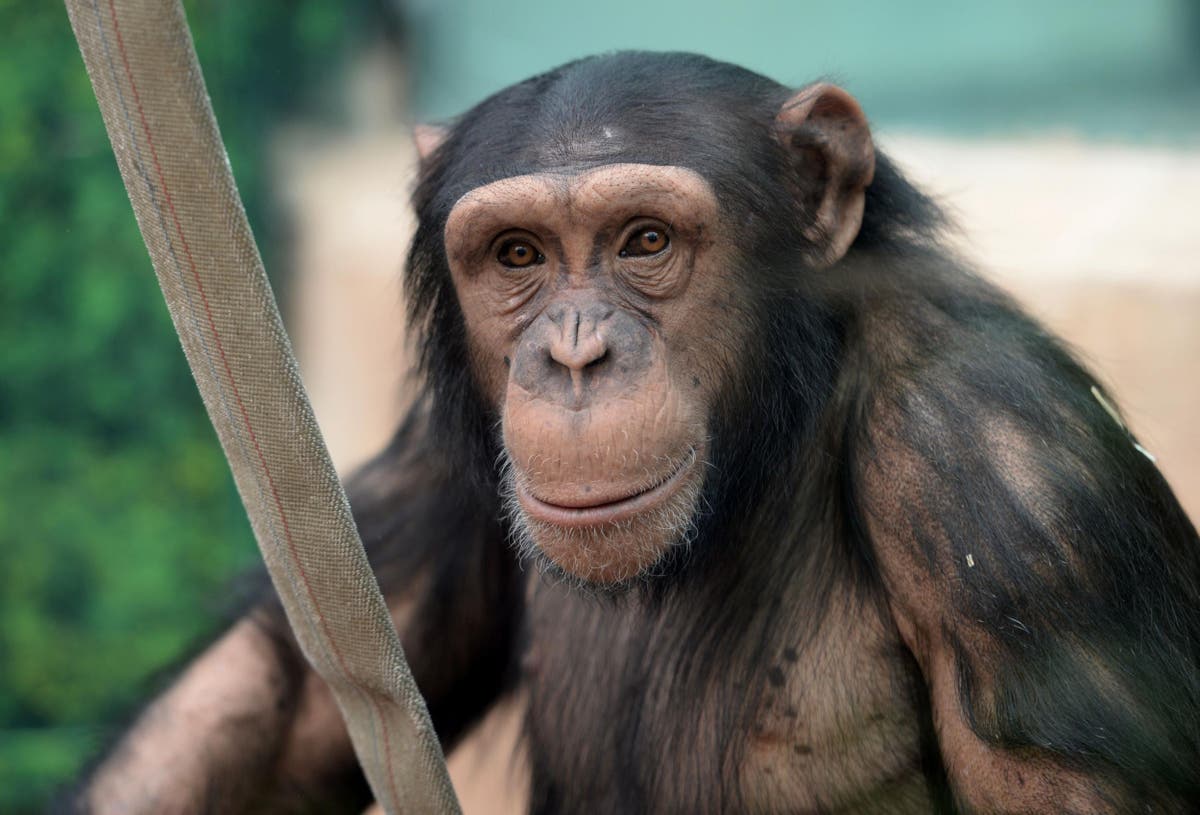Something interesting just hit the news a couple months ago
https://guardian.ng/news/genetic-makeup-of-12-year-old-angolan-boy-in-dispute/
Obviously the main topic of the article is curious in itself, but this part surprised me:
"The genetic makeup of a 12-year-old Angolan, boy is now disputed by experts after his deceased mother allegedly told him he is the offspring of a human-chimpanzee love affair, reports the Gazeta Nacional.
The story made national headlines and has unleashed an outpour of generosity towards Augusto Dembo, 12, who now lives with his uncle and aunt in the capital city of Luanda. Although the young boy has become an instant celebrity, many experts dispute the claim that he is the product of the s*xual intercourse between a human and a chimpanzee.
“S*xual relationships between humans and chimpanzees are fairly common in the region but this is the first time a pregnancy is officially reported, ”Dr. António Mendes of the Hospital Municipal do Luena doubted. Angola President João Lourenço has already nicknamed the boy the “Angolan Miracle Child” as well as praising the young man as a “National treasure”, “a sign from God” and a “testament to the majesty and greatness of the Republic of Angola."
From what I remember reading from news and anthropological pieces this sort of attitudes towards intimate human-animal relations aren't also completely isolated. It seems that the farther we move from the direct influence of western (mostly Judeo-Christian based) discourse and moral sensibility, and the closer we move to technologically and socially less sophisticated societies with cultures more rooted in nature and local tradition it seems that the acceptance for this sort of behaviour grows. Heck, even in developed countries the rural communities seem to contain more zoophiles than the urban areas.
https://guardian.ng/news/genetic-makeup-of-12-year-old-angolan-boy-in-dispute/
Obviously the main topic of the article is curious in itself, but this part surprised me:
"The genetic makeup of a 12-year-old Angolan, boy is now disputed by experts after his deceased mother allegedly told him he is the offspring of a human-chimpanzee love affair, reports the Gazeta Nacional.
The story made national headlines and has unleashed an outpour of generosity towards Augusto Dembo, 12, who now lives with his uncle and aunt in the capital city of Luanda. Although the young boy has become an instant celebrity, many experts dispute the claim that he is the product of the s*xual intercourse between a human and a chimpanzee.
“S*xual relationships between humans and chimpanzees are fairly common in the region but this is the first time a pregnancy is officially reported, ”Dr. António Mendes of the Hospital Municipal do Luena doubted. Angola President João Lourenço has already nicknamed the boy the “Angolan Miracle Child” as well as praising the young man as a “National treasure”, “a sign from God” and a “testament to the majesty and greatness of the Republic of Angola."
From what I remember reading from news and anthropological pieces this sort of attitudes towards intimate human-animal relations aren't also completely isolated. It seems that the farther we move from the direct influence of western (mostly Judeo-Christian based) discourse and moral sensibility, and the closer we move to technologically and socially less sophisticated societies with cultures more rooted in nature and local tradition it seems that the acceptance for this sort of behaviour grows. Heck, even in developed countries the rural communities seem to contain more zoophiles than the urban areas.



